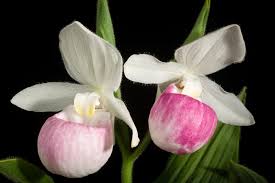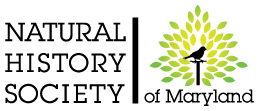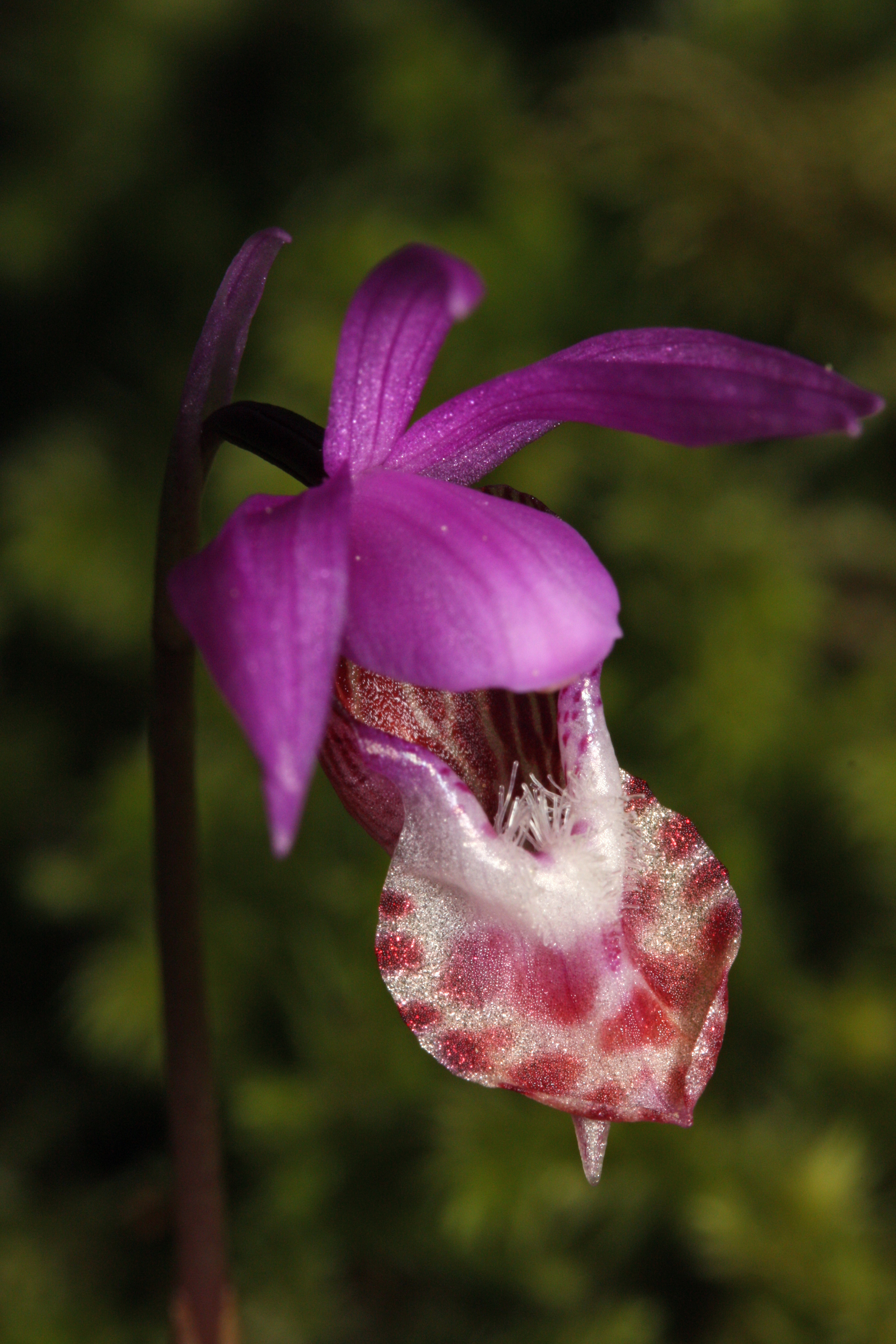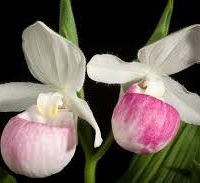North America is home to over 200 orchid species, and more than half are endangered or threatened somewhere in their native range.
The North American Orchid Conservation Center (NAOCC), an initiative of the Smithsonian Institution and the U.S. Botanic Garden, is working to is to secure the genetic diversity of native orchids for future generations. The NAOCC model for orchid conservation is based on public-private collaborations and includes more than fifty collaborating organizations from Florida to Alaska. Dennis Whigham, PhD, Senior Botanist, Smithsonian Environmental Research Center and Founding Director of the North American Orchid Conservation Center will present ecological issues associated with orchids and provide an overview of ongoing efforts to conserve native orchids in the U.S. and Canada.
The ecology of plants has been Dennis Whigham’s primary interest and his research has resulted in journeys through forests, fields and wetlands around the world. Explorations have led to studies of woodland herbs – including orchids, vines, wetland species, invasive species and studies of forests in the tropics, temperate and boreal zones. In recent years, studies of interactions between orchids and fungi have resulted in new and exciting directions. Whigham’s current research projects focus on the role of wetlands associated with juvenile salmon habitat in Alaska headwater streams; the rarest terrestrial orchid in eastern North America; and an invasive wetland species that is rapidly expanding across the country. Whigham obtained an undergraduate degree from Wabash College and a Ph.D. from the University of North Carolina. He joined the Smithsonian in 1977. Whigham and his collaborators have published more than 250 articles in journals and books and he has co-edited 10 books.



